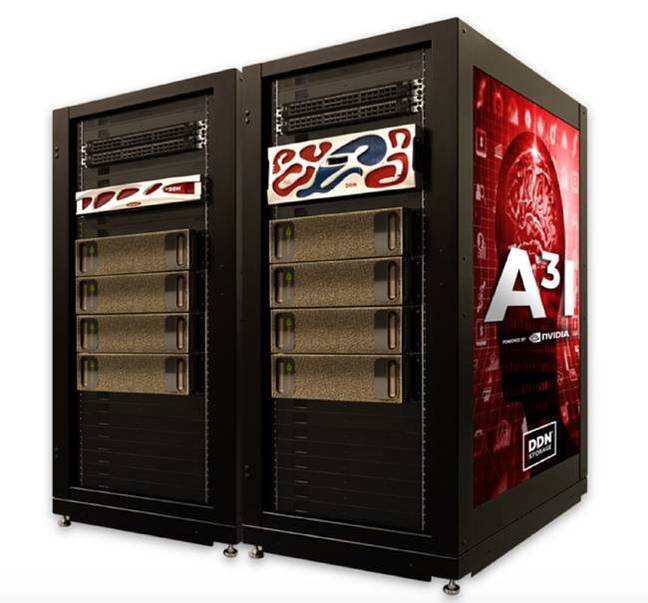…
DCIG president and founder Jerome Wendt has blogged about the Five Challenges of Managing Air-gapped Technologies Using Backup Software. We’ve not seen this issue raised elsewhere. He says storing backups on air-gapped technologies prevent ransomware from accessing backups to delete or encrypt them. The five challenges or problem areas include: (1) No support for physically air-gapped technologies, (2) Limited or no support for bucket or object lock, (3) Unacceptable performance, (4) Cost creep and (5) Policy creation and management. DCIG’s 2020-21 DCIG TOP 5 Enterprise Anti-ransomware Backup Solutions Report discusses backup products that can meet the challenges.

…
DDN announced a partnership with Aspen Systems, the manufacturer of HPC products, to help the Pacific Northwest National Laboratory (PNNL) with the Coastal Observations, Mechanisms and Predictions Across Systems and Scales (COMPASS) project. The project will enhance the predictive understanding of coastal systems, including their response to short-term and long-term changes. Aspen Systems will use DDN’s A3I systems, EXAScaler parallel filesystems, and Storage Fusion Architecture (SFA) appliances to provide the custom HPC setup needed to meet the PNNL workload requirements.
…
Archive storage supplier FalconStor announced Q4 and full calendar 2021 year results with Q4 revenues of $3.8m compared to $3.65m year ago. There was a $191K net loss, versus the year-ago $109K loss. FalconStor recorded a 20 per cent increase in subscription revenue to $1.4m, compared to $1.1m a year ago. Progress is slow. Full 2021 revenues were $14.2m in contrast to the higher $14.8m for 2020, with a $203K profit that came in well below the prior’s year $1.1m profit. Year end cash was $3.2m, compared to $1.9m at the end of 2020. FalconStor CEO Todd Brooks said: “We are making good progress against our strategic plans to reinvent FalconStor and enable secure hybrid cloud backup and data protection.”
…..
The Texas Advanced Computing Center (TACC) has selected GigaIO as the composable disaggregated infrastructure solution for its Lonestar6 Dell-built supercomputer due to the ability to mix and match accelerators, for the open standards nature of their platform, and for the energy savings from reduced power, cooling and footprint.
…
Realtime database supplier Redis is partnering with Tecton and the two have integrated their products to enable low-latency, scalable and cost-effective serving of features to support operational Machine Learning (ML) applications. The Tecton feature store is a central hub for ML features – real-time data signals that power ML models. Tecton allows data teams to define features as code using Python and SQL, and then automates ML data pipelines, generates accurate training datasets and serves features online for real-time inference. Feature stores typically use key-value databases as online storage for low-latency serving. The Redis Enterprise Cloud, a fully managed Database-as-a-Service (DBaaS), can be the online store and provides 3x faster serving latencies compared to Amazon DynamoDB, while reducing the cost per transaction by up to 14x, says Redis.
….








